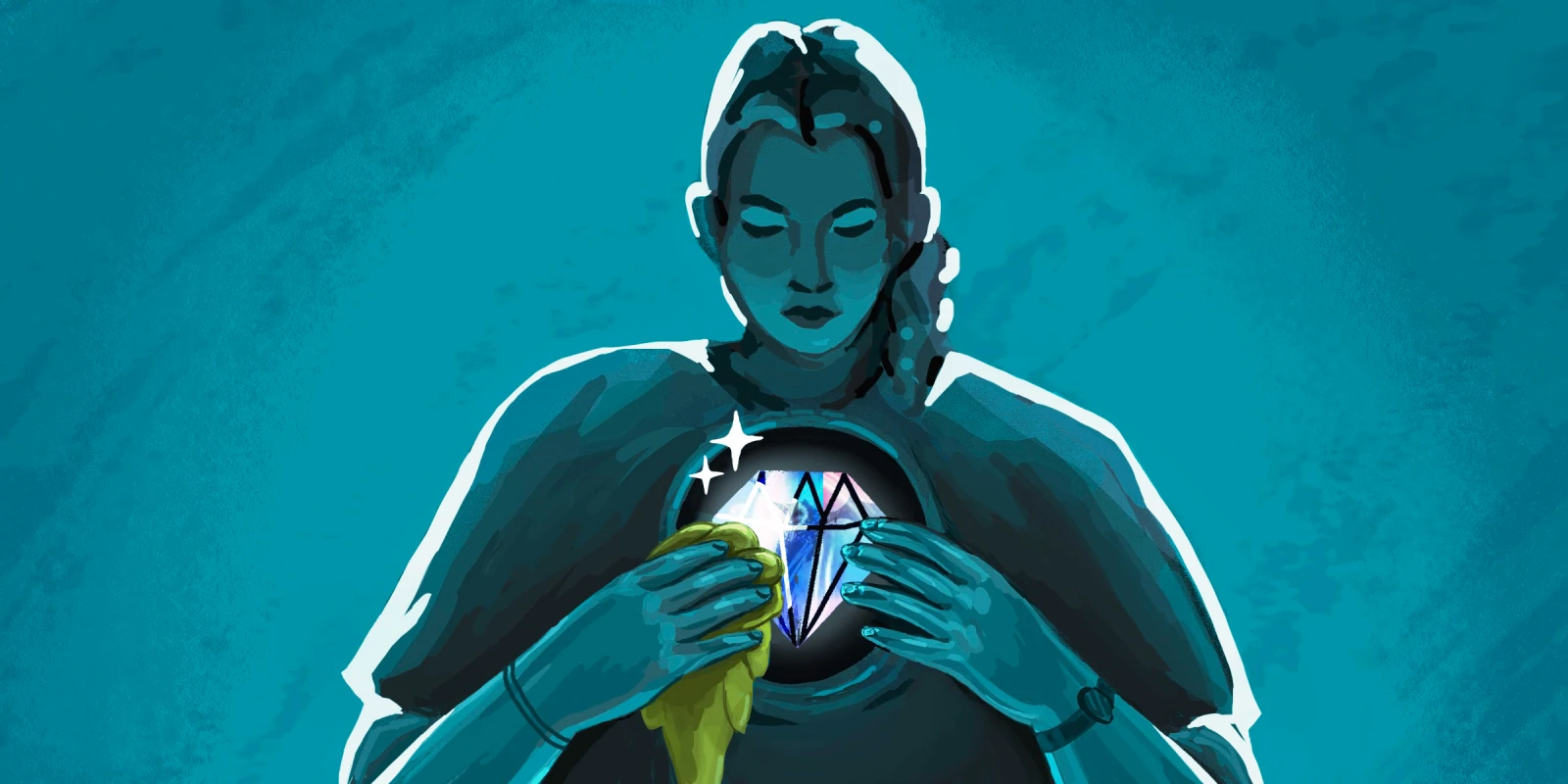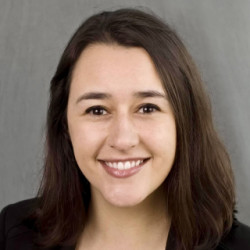We constantly use this term of “failure” in medical education, whether that means failing an exam, a clerkship, or not reaching a designated percentage to pass. However, the score system a medical school uses is arbitrary as they decide what score or number of questions correctly lead someone to pass versus fail. Sometimes it means 70%, sometimes it is based on a list of subjective comments from observing doctors. However, as long as one gets their checkmarks and eventually receives all the passes one needs, they can graduate medical school and become a doctor. But what about being able to match into a residency program?
Throughout my medical educational journey I was told that my failures would lead me to not become a doctor. In turn, my impostor syndrome told me I was not good enough to be a doctor. After failing multiple course exams and the Step 1 exam twice, I took a leave of absence from medical school. I knew that wasn’t gonna be the end of my story.
I’m not going to sugarcoat it. There were multiple times that the concept of giving up medicine and even giving up my own life was prominent. However, only through the strength of other people believing in me, and knowledge that other people have struggled and overcome, led me to persevere. Eventually, I was able to “succeed" by matching into my favorite specialty (psychiatry), graduating medical school, and beginning the residency at the program of my dreams.
There are many factors that are pertinent when someone is applying to residency. These includes outside clinical experience, personal lived experience, characteristics, values, and strengths. As long as one can demonstrate that they met the requirements for graduation, that’s what matters in regards to being intellectually “good enough” to receive your medical degree.
Therefore, I strive to vulnerably share my struggles because I know I am not alone. Just this year I have spoken with dozens of medical students who have similarly failed a Step exam, taken a leave of absence, and struggled with their mental or physical health. Students have reached out to me after reading my Step study guide or watching my video on strategies on overcoming Step failure. Everyone has their own journey in medicine and in life. We are not all the same individuals, and so we each struggle and succeed in our own way.
Let’s talk about some reasons why a medical student would fail a Step exam. First, this could be not knowing all the information, just like no medical student knows all of medicine when they enter their first year of medical school. Second, it could be because they don’t have the capacity at that period in time to learn the information because something externally is impacting them — such as economic stability, physical environment, or social environment. These external factors have been termed by the Chamberlain University, the social determinants of learning. Third, it could be that the student doesn’t have the resources that they need to be successful. This can be as simple as taking a test in a different environment, or allowing them to take breaks without missing time on the exam to go to the bathroom. It could even mean not having the mental capacity to take in that information because of a mental or physical limitation, such as a health condition or disability.
This is why I educate medical students on the path for acquiring accessibility and accommodations on the USMLE exams and in medical school. It took me over two years of medical school, a leave of absence, and a Step 1 failure to be informed that I might qualify for extra support. Speaking with the school’s Accessibility Office allows students to see if they qualify for extra exam time, health breaks, or other support across the pre-clinical phase and during clinicals. This resource should not be stigmatized and instead offered to students who are struggling academically.
You wouldn’t refuse to inform a patient who is hungry that there are food banks. Similarly, there’s no reason to keep a resource like accessibility and accommodations from students in need. In fact, if a student is struggling, it doesn’t hurt to inform them about the resource, just like telling a low income mother that the WIC resource exists. It is up to the patient, and in this situation, the student, to determine if they will seek out that resource. Then a qualified specialist will actually determine if they meet qualifications for accessibility and accommodations. Provide struggling students with the resources they need in order to be successful, instead of hoping they will just figure it out on their own. This is most important for first generation medical students and those with marginalized identities in medicine.
Medical culture views these academic struggles as a “red flag.” However, just because someone has a Step failure doesn’t mean that residency programs will refuse to read an application to learn more about the applicant’s individual story. In order to explain my academic failures and lessons learned through the experience, I decided to disclose my own disability during my own residency application. I do not blatantly advise all applicants to do this. However, after struggling to find resources on this topic, I aim to provide individuals with the strategies on how to go about deciding whether or not they should disclose.
Medical Schools: Stop discouraging medical students who are experiencing academic struggles, incorrectly informing them that they will not become doctors or not match into residency. This is factually NOT TRUE.
We value ourselves in medicine to be evidence-based. Well, here is your evidence: 24 residency programs invited me to an interview. This meant that 50% of places I applied to decided to learn more about me as an individual, and not let my "red flags" turn them away from my application. I am not just a case study. Dozens if not hundreds of other medical students and current doctors have also struggled academically in medicine and have overcome. One can see examples on my Life as a Patient-Doctor podcast. Individuals have bravely shared their own stories on academic challenges, disabilities, and being a human while pursuing medicine.
Medical students: You were accepted into medical school for a reason. That reason is because a doctor interviewed you and saw that you in turn had the potential to become a doctor. This means that someone believed in you. There are still people who believe that you can become a doctor. Maybe you don’t know them personally, maybe they are your future patient. Even if there is just one person, let that person be me. I believe in you, and I know that you’ll be an amazing doctor. Don’t give up hope!
Stephanie Moss, MD, is a PGY1 psychiatry resident physician in Chicago and a dedicated advocate for diversity, health equity, and marginalized communities. She is a prominent mentor to similar non-traditional, first generation doctors. In medical school she was able to overcome Step 1 failures, a leave of absence, and invisible disabilities. Dr. Moss shares her insights through public speaking and writing, with her work featured on platforms like MedPageToday, Doximity, KevinMD, and the American Medical Women's Association.
If you or someone close to you is experiencing thoughts of suicide, please call the National Suicide Prevention Lifeline at 1-800-273-8255 or text HELLO to the Crisis Text Line at 741741.
Illustration by Diana Connolly






